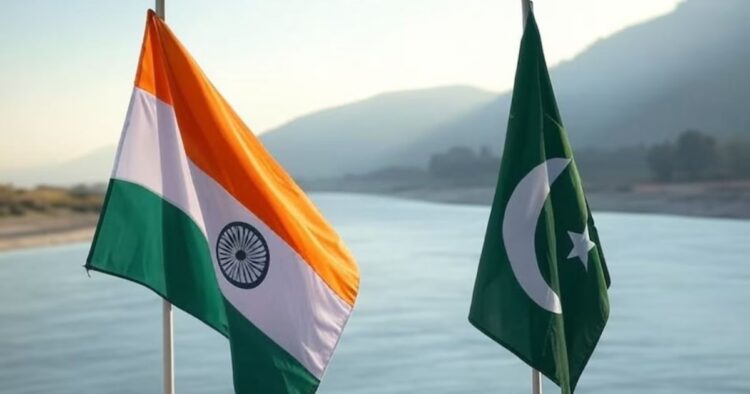The Government of India announced a total ban on 3rd May on all goods coming from Pakistan. This strong decision was made following a deadly terrorist attack in Pahalgam, where 26 innocent tourists were killed. The attack mainly targeted Hindus. A Pakistan-backed terrorist group called The Resistance Force, which is linked to Lashkar-e-Taiba, first claimed responsibility for the attack but later denied it.
India has taken several actions against Pakistan since the attack. These include canceling all visas for Pakistani citizens—even those coming for medical treatment—stopping the Indus Water Treaty, banning the social media accounts of Pakistani celebrities, and closing ports for ships coming from Pakistan.
India is taking the economic pressure further with the ban on imports. The ban includes goods coming directly from Pakistan and also those that are sent through other countries like the UAE, Sri Lanka, and Indonesia. Even though India doesn’t import much directly from Pakistan, about $500 million worth of Pakistani goods still come in through these third countries. This move clearly shows that India is cutting off all trade ties with Pakistan in response to the attack.
A Look At India’s Imports From Pakistan
Many products from Pakistan are quite popular in Indian markets. One of the top items is Sendha Namak, also known as Himalayan Rock Salt. This pink salt is taken from the Khewra salt mines in Pakistan and is often used in India during fasting and in Ayurvedic treatments. Even though it has religious and health importance in India, it will now be banned from entering the country.
Other popular Pakistani items like Peshawari chappals, Lahori kurtas, and salwar suits will also no longer be available in India. These clothes are usually sold in Indian boutiques as special fashion imports, but due to the ban, they will soon disappear from the market.
Behind The Border: The Hidden Trade Between India And Pakistan
Goods worth about $500 million from Pakistan were still reaching India, even after direct trade between the two countries had stopped, according to the media reports. These products were coming through third countries like UAE, Sri Lanka, Singapore, and Indonesia.
The UAE would repackage and relabel items like dry dates, leather, fruits, and textiles before sending them to India. Singapore was used to send chemicals from Pakistan. Indonesia helped send cement, soda ash, and raw materials for textiles. Sri Lanka acted as a middle point for dried fruits, salt, and leather goods. Even though direct imports from Pakistan were very small (only about $0.5 million a year), the indirect trade through other countries was much bigger.
Even these hidden routes are now blocked with India’s new blanket ban. Customs officials are now watching closely to make sure no Pakistani products sneak in through other countries. One product that might be missed by Indian consumers is Himalayan Pink Salt (Sendha Namak), which mostly comes from Pakistan. However, India is expected to find other sources for it.
It’s also important to note that India had already imposed a 200% tax on Pakistani products in 2019 following the Pulwama attack. Since then, direct trade has been extremely limited—only $0.42 million between April 2024 and January 2025, mostly including items like figs, herbs, and Sendha Namak.
This trade ban affects both sides. While India is blocking imports, it is also stopping exports of things like cotton, chemicals, vegetables, medicines, tea, and dairy products to Pakistan. These goods were important for Pakistani markets, and their absence may create shortages there.
Industrial Good And Dry Fruits Also Hit
Dry fruits like almonds, walnuts, figs, and raisins that came from Balochistan and Peshawar were quite popular in India, especially during winter and festive seasons. Now, with the ban in place, these dry fruits will no longer be available in Indian markets.
Apart from food items, other goods such as cotton, sweets, optical instruments, chemicals, steel, and cement were also part of the trade between India and Pakistan. These products will also stop coming in due to the complete trade ban.
The Impact and What Lies Ahead for India-Pakistan Trade
Pakistan’s economy is already in bad shape, and this new import ban by India will make things even harder for them. It could even push Pakistan closer to bankruptcy. In India, there may be a temporary shortage of some special items like Sendha Namak (pink salt), but there are other options available in the market. Also, the Indian government may encourage local production of some goods that were earlier bought from Pakistan.
This move is a clear message from India: There will be no trade or talks if Pakistan continues to support terrorism. India is showing that any act of cross-border terrorism will be answered with strong economic steps.

















Comments